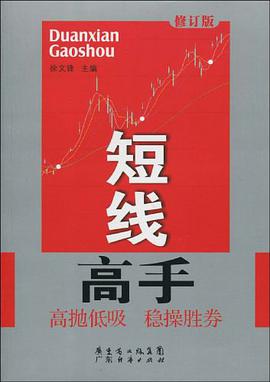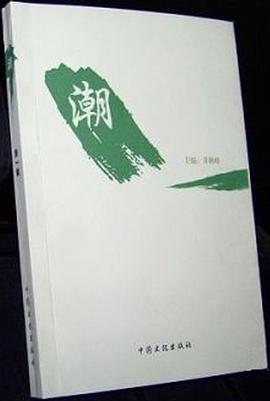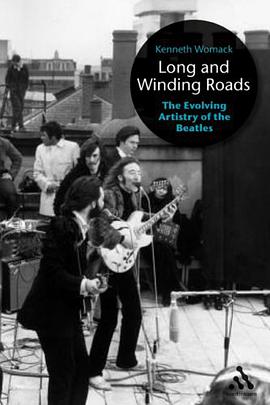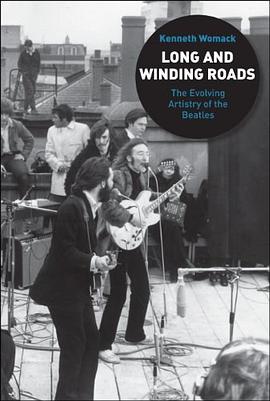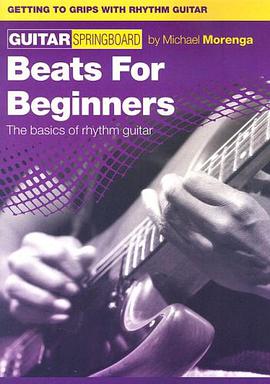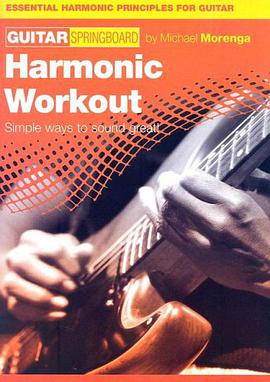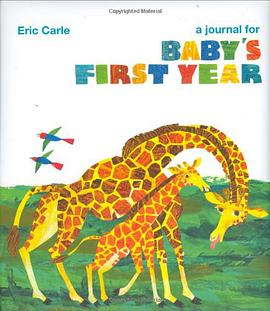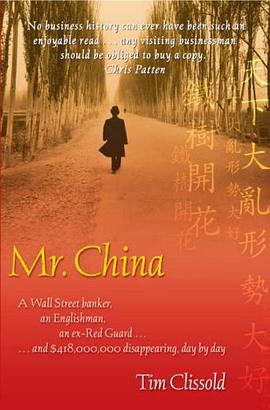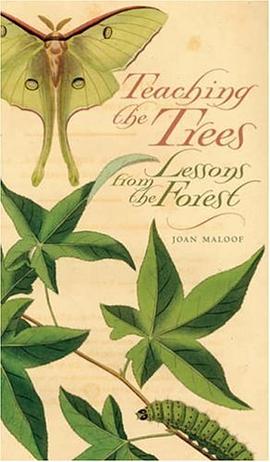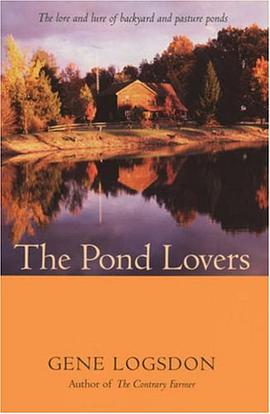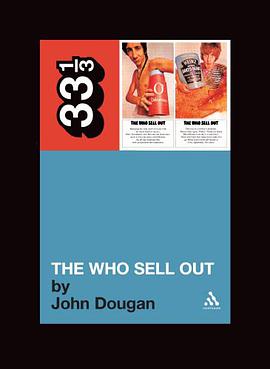

具体描述
Released in the U.S. in January 1968, "The Who Sell Out" was, according to critic Dave Marsh, 'a complete backfire...the album sold well, but not spectacularly [and was] ultimately a nostalgic in-joke'. Who but a pop intellectual could appreciate such a thing? Further rarifying its in-joke status was its unapologetic Englishness; 13 tracks stitched together in a mock pirate radio broadcast, without a DJ, with cool, anglocentric commercials to boot. In the 36 years since its release, "Sell Out", though still not the best selling release in "The Who's" catalog, has been embraced by a growing number of fans who regard it as the band's best work; one of the few recordings of the late 1960s that best represents the ambitious aesthetic possibilities of the concept album; without becoming mired in a bog of smug, self-aggrandizing, high art aspirations. "Sell Out", powerfully and ecstatically, articulates the nexus of pop music and pop culture. As much as it is an expression of the band's expanding sonic palette, "Sell Out" also functions as a critique of the rock and roll lifestyle. Not the cliched mantra of sex, drugs, and rock and roll but in the ways that commercial advertising fabricates a youth-oriented cultural reality by hawking pimple cream, deodorant, food, musical equipment, etc., and linking it with rock and roll. In this sense, "Sell Out" is a reflective work, one that struggles with rock and roll as a cultural expression that aspires to aesthetic permanence while marketed as ephemera. From this conflict, emerges a pop art masterpiece.
作者简介
目录信息
读后感
评分
评分
评分
评分
用户评价
相关图书
本站所有内容均为互联网搜索引擎提供的公开搜索信息,本站不存储任何数据与内容,任何内容与数据均与本站无关,如有需要请联系相关搜索引擎包括但不限于百度,google,bing,sogou 等
© 2026 book.quotespace.org All Rights Reserved. 小美书屋 版权所有

